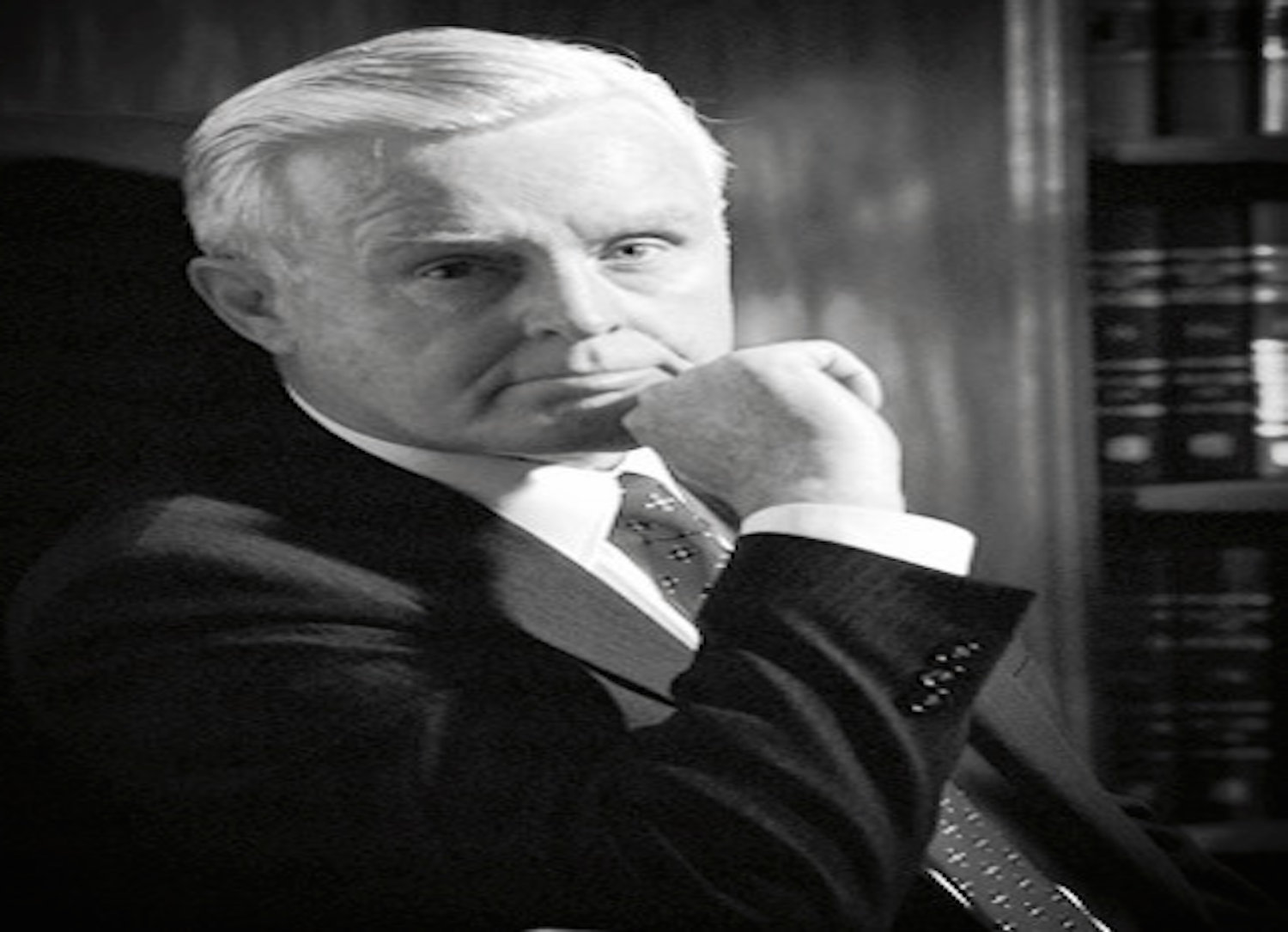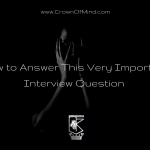Interviewing can be stressful enough. You have to prepare to meet someone you might’ve talked to once or twice on the phone, someone whose name you just saw on the job posting or a few contacts on the same day: multiple interviews.
You should adopt the mindset that having a pregame interview strategy is essential to your success. If you go to the gym and train randomly, taking on any exercise and hope to gain results, you’re doing yourself a disservice. You want to know the techniques to use to deliver your expectations. The same philosophy should be applied to interviewing.
In my experience working with students and clients, employers can put you through a circus of questions, activities and simulations to ensure you can demonstrate the value so eloquently described on your resume or portfolio. There are a few consistent questions that do tend to cause confusion. Here are some suggestions on what to consider:
- Tell me about yourself. – This question sounds casual and the employer may use such a tone with you when asking. But what they’re really trying to understand is what experiences brought you to the point where you’re sitting down with them right now. Think about your background. What inspired you to take on the field? What skills do you want to develop? Why are you passionate about the field? How does what you want to do connect with the company’s mission?
Example: I’m John Doe and have a strong passion for architecture. I realized this was something I loved when I was in high school, putting together the old Lego blocks and building model houses. From there, I started reading every interior design magazine I could get my hands on. Design influences everything and I wanted to be a part of this industry that could create amazing homes and spaces. I found out about your company and realized I wanted to work here with the team after visiting your website and understanding your brand.
- What are your strengths? – I notice people have a more difficult time elaborating on their strengths, their talents instead of weaknesses. When it comes to what we do wrong, the list appears endless. When it’s time to discuss abilities in an objective way, the list is scarce. I perceive a combination of extreme humility and insecurity that can be dissolved with proper support and encouragement to verbalize strengths. It’s important to own the strength, acknowledge that we have them and can apply them in the world. Think of areas you tend to excel in. If this is difficult, think of times where friends or others complimented you. What did they say? How was your teacher’s feedback? What do your parents usually reflect on when they talk about you? These are all indicators of strengths.
Example: I’m an effective analyst and tend to go into companies looking for the problems. I loved puzzles when younger and would focus 1-2 hours to finish. There’s something about a problem that creates a challenge for me. When I volunteered at XYZ, there were two problems I quickly recognized and found solutions for. Brought it up to the manager and he had them implemented. This was three weeks into the position.
- Why do you want to work for us? – This sounds like a silly question but let’s trade positions. You are the employer and you’re interviewing to hire. Your company makes XYZ dollars and you can pay this new person XYZ, the numbers don’t matter. That’s a salary, possibly health benefits, time, other resources, training, and the potential to contaminate the company culture. All of these elements you must consider when you bring a new person on board.
So you have the candidate sit down and ask, “Why do you want to work for us?” and the answer you receive is, “Oh I don’t know really…I just saw you guys online and sent my resume, decided to take a shot at a new opportunity.” Given what you have to invest in this person, what would you do?
Give consideration so you can answer this question properly. Do your research. Read up on the company’s website. Check the search engines for articles about them. Find out what special projects they’re involved in. Do they have volunteer programs? What’s the company mission? Why do they exist? If you want to set the tone as a mature professional to be taken seriously during the interview, I strongly suggest you learn about the brands you intend to meet.
These questions are consistent, often asked in different ways, but they’re attempts to learn as much about your value as possible.






